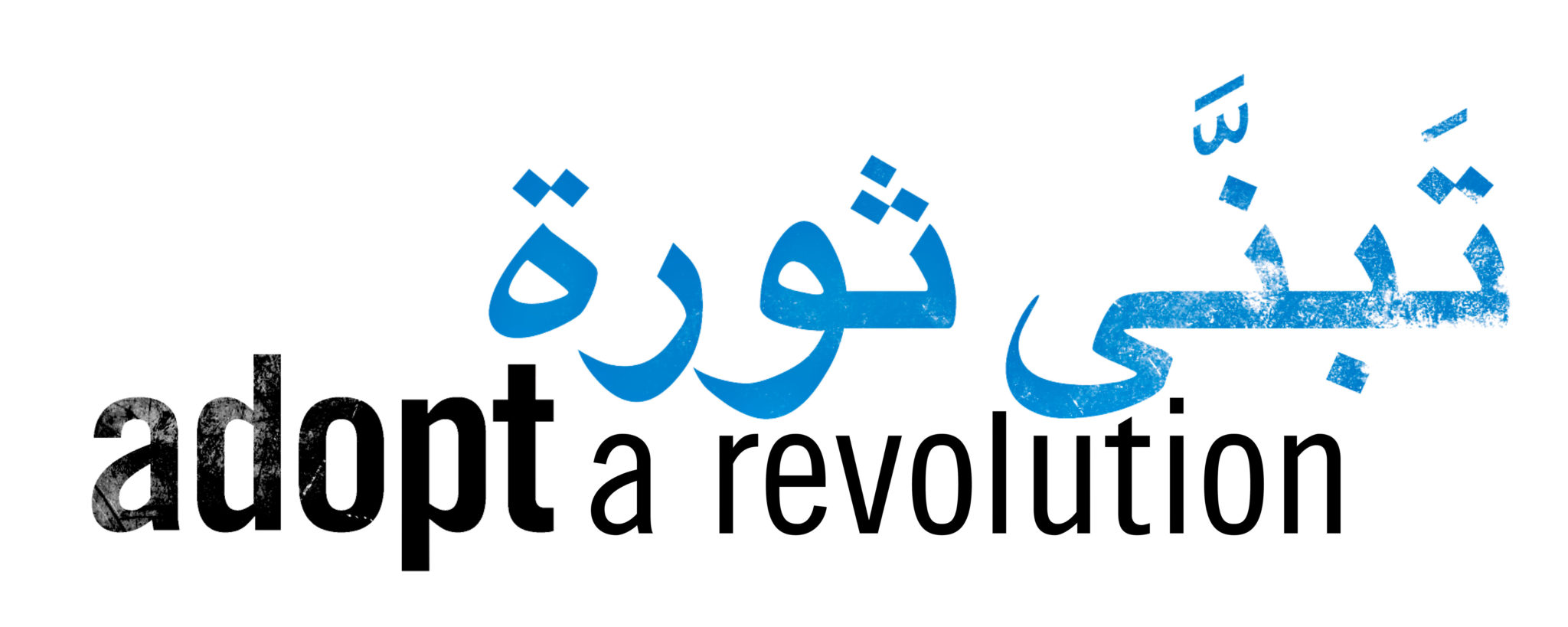Does the USA have an interest in prolonging the violence in Syria? This is the focus of a report in World News. According to the report there had been several meetings between Syrian opposition figures and CIA figures in the city of Gaziantep. In such meetings, support was promised to the rebels. In fact, the Americans introduced themselves as being willing to help overthrow Assad. Since the question of weapons was a difficult matter, Americans made the promise to provide the rebels with medical supplies and satellite phones. However, none of these promises have been fulfilled. One opposition figure cut off his good ties to the CIA because he was losing credibility amongst rebels. He said that “The Americans are using the lies to get information. If you ask any rebel in Syria right now, he will say America is our enemy.” Another sign for American and Turkish approval to balance the Assad’s power are weapon transports over the border from Turkey to Syria. These weapons supplies are always short supply, as one of the smugglers assures: “They give us 10 bullets so that when we run out we have to come back for more. If they gave us 20, we could advance, but they don’t want that”.
Meanwhile the EU needs to decide by the end of February on lifting sanctions for weapon supplies to the Syrian opposition. While Britain is in favor of supporting the opposition militarily, other EU states are more reluctant to do so as they fear more weapons could prolong the conflict. Although France seemed to be more willing to support the British plan, it seems to be more reluctant now while Germany is assumed to counter such an approach. One solution might be that the EU will to send “non-deadly weapons” such as for example night sensing equipment.
Alia Ahmed calls for legal reforms on women’s right in any future Syrian government. She criticizes the constitution which was drafted shortly after the beginning of the revolution and underwent several changes while still not considering women’s rights. The first point are honour killings. Therby the murderer should not stay longer than one year in prison. These laws facilitate and encourage honour killings. Indeed, it discourages girls to report rape and sexual violence out of fear from being killed by their families. Since the beginning of the crisis in Syria, Sexual violence is said to have increased. Second, the possibility of marital rape which is not against the current law must be overcome. Third, she calls for the reform of women’s citizenship rights which currently deny children of a Syrian mother and a foreign father the Syrian nationality.
Israel decided to help Syrians who were wounded and close to the border. Thereby it went against its normal policy of not letting any Syrian refugees in. In fact, Netanyahu said Israel will continue its policy apart from “exceptional cases”. Yet there are no available information on the well-being of the Syrians and whether they are civilians or armed groups.
Analysing these events, Patrick Seale points to three important developments which will have a large impact on Syria. First, the presence of radical Islamist groups causes increased concern among the US and the West. Indeed, it seems paradox that the West is willing to fight Islamist groups in several countries, such as Yemen, Afghanistan, Somalia and Mali while letting it gain more power in Syria, thus making them an important player in the Post-Assad era.
A second development is the splitting of the Syrian opposition and Moez Al-Khatibs offer to negotiate with the regime which was criticized heavily by the Muslim Brotherhood. On the other hand, Khatib’s offer also gained support as it is seen as the only way out of this conflict.
A third determining factor is Israel’s role. Israel’s attack on Syrian soil is seen as an attempt to provoke the so-called “axis of evil” – Syria, Hisbollah, iran- in order to launch a greater assault. Israel is increasingly concerned about developments between the west and Middle eastern states, especially about a probable dialogue between Iran and the US. It would be more in Israel’s interest to attack Iran’s nuclear facilities and bring down this regime as was the case in Iraq. Similar to that, it has no interest in Syrian peace. A dismembered Syria is much more in Israel’s interest. Concluding, the author highlights the important role of President Barack Obama and his team. It will partly depend on their decision to follow Israel’s interest as was done in Iraq or to engage in negotiations which might contribute to a peaceful solution to the Syrian crisis.

